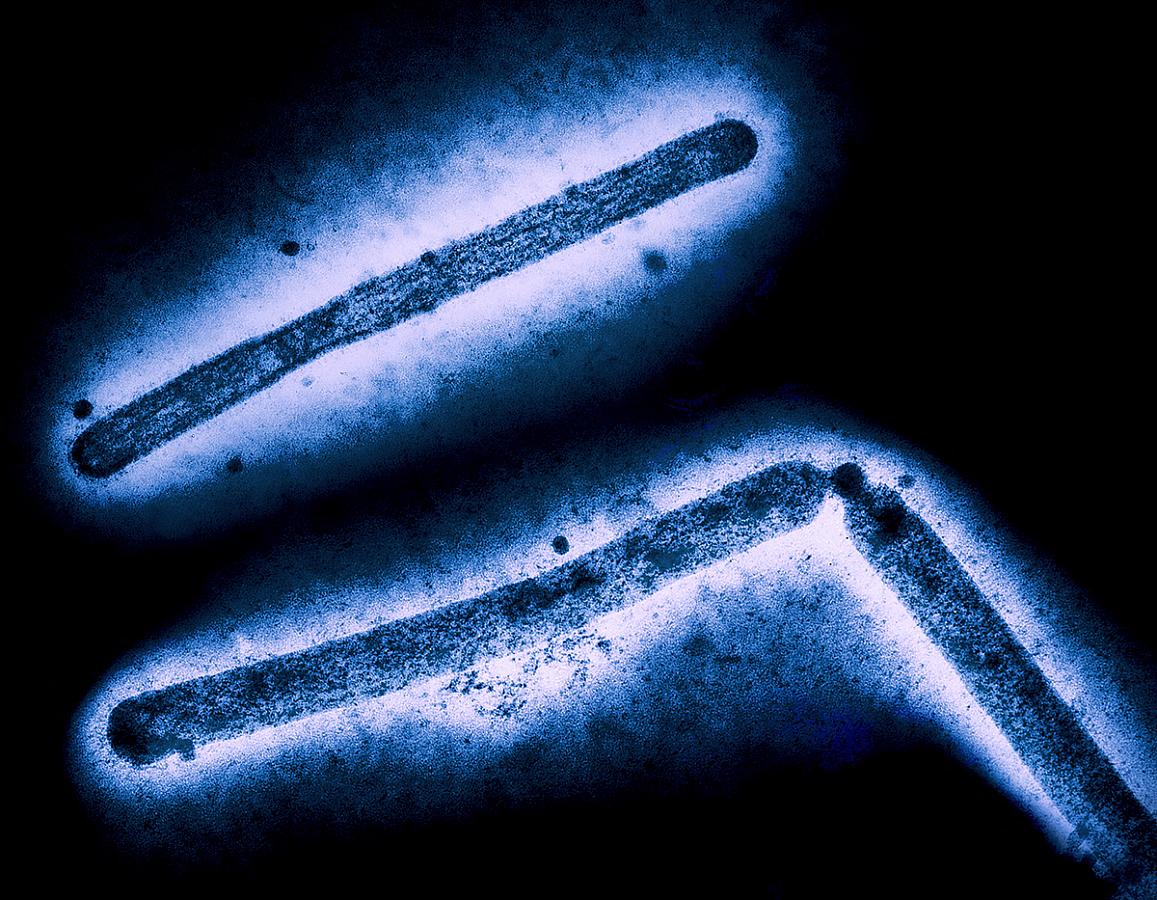A two-year-old girl in southern India died from bird flu after eating raw chicken, the first fatality linked to the H5N1 strain since 2021.
The toddler, from Palnadu district in Andhra Pradesh state, died on 15 March after developing fever, breathing difficulties and diarrhoea.
Authorities said the child contracted the virus after consuming raw chicken. It was not clear if she had been deliberately fed the meat or accidentally eaten it.
She was initially admitted to a local health centre but taken to a city hospital on 4 March after her condition deteriorated.
A sample test for avian influenza of H5N1 strain at the hospital returned positive, and the patient eventually died despite receiving appropriate medical treatment, the hospital said in a statement.
Damodar Naidu, director of animal husbandry in Andhra Pradesh, said the child was admitted to hospital two-three days after consuming the raw chicken, according to Down To Earth.

Following the death, he said authorities conducted physical surveillance of all poultry farms in the region, but found no signs of bird flu among poultry.
“There were isolated outbreaks in February but effective control measures were implemented promptly,” Mr Naidu said. “No traces of the virus were found in the surveyed areas.”
However, he urged the public to consume only properly cooked chicken and eggs. “Poultry should be cooked to at least 70C. Eggs should be boiled and not eaten raw,” he said.
No one in the girl’s family tested positive for the flu.
The federal health ministry deployed an outbreak response team to Andhra Pradesh to assist in the case.

Bird flu is caused by a virus that infects birds and sometimes foxes, otters and seals. It rarely infects humans, but a major strain known as H5N1 has caused global health concern.
Only five cases of H5N1 and H9N2 strains have been detected in India over the past five years, the Andhra government reported in a statement.
An 11-year-old in the northern Haryana state died in the last confirmed human fatality from H5N1 in 2021. The boy died after developing multiorgan dysfunction.
According to the WHO, the first human outbreak of the virus took place in 1997 in Hong Kong. There have been a little more than 900 known cases globally since 2003 with nearly 50 per cent proving fatal.
This year in March, health officials in the UK were alarmed after H5N1 was detected in a single sheep for the first time in England, in an area where the disease had been confirmed in captive birds.
Last year, the strain spread rapidly in dairy cow herds in the US and the US Centres for Disease Control described it as an "ongoing multi-state outbreak".
Briton held for more than six years in India without trial speaks out
Man arrested after German woman alleges rape by driver in India
Asian stock markets plummet in aftermath of Trump tariffs announcement
Has the policing of comedy in India gone too far?
Jagtar Singh Johal’s family urge faster action from Starmer government
US national arrested for entering prohibited tribal area in Andaman islands







